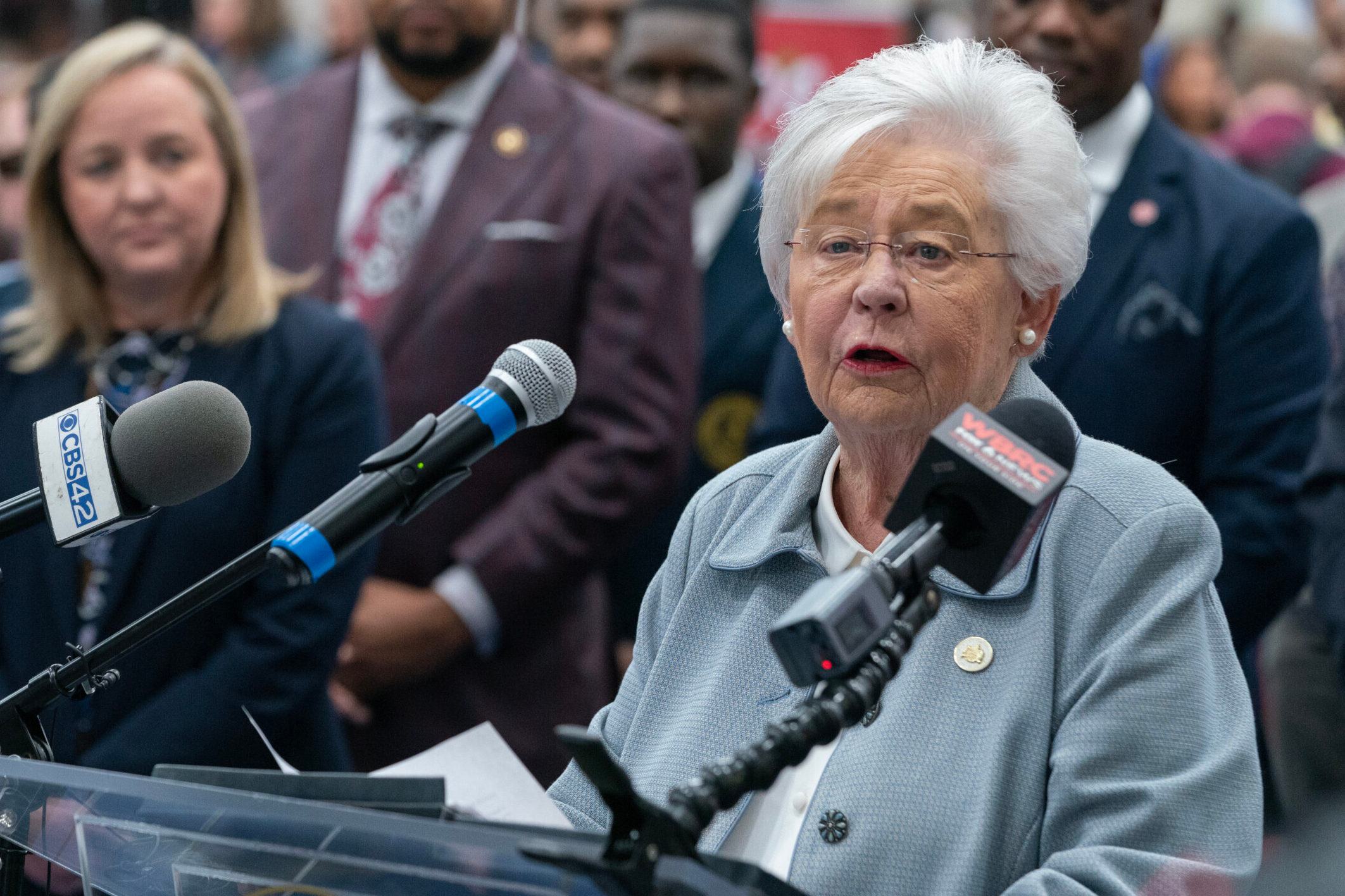Attorneys for Gov. Kay Ivey responded to a lawsuit filed in February by the Pacific Legal Foundation over a state law requiring two members of the Alabama Real Estate Appraisers Board (AREAB) to be racial minorities.
Under Alabama law, AREAB is comprised of nine members, all of whom are appointed by the governor. Seven members must be real property appraisers (one from each of Alabama's congressional districts), one must be a representative of an appraisal management company, and one must be a member of the public who does not do real estate appraisal work. From its enactment in 1990, the statute creating AREAB required two of the nine board members "shall be of a minority race."
Pacific Legal Foundation is representing the American Alliance for Equal Rights in the federal lawsuit.
The American Alliance for Equal Rights is a 501(c)(3) tax-exempt nationwide membership organization based in Austin, Texas, whose mission is to challenge racial classifications and racial preferences in America.
According to the lawsuit, the public or "at large" member position on AREAB is currently vacant and has been since November 2021. There are currently fewer than two racial minorities on AREAB.
"So long as this racial quota remains in place, members of the Alliance who are not racial minorities will never receive equal consideration for openings on AREAB," Glenn Roper, an attorney for the Pacific Legal Foundation, said in the lawsuit.
Gina Maiola, a spokeswoman for Ivey, told 1819 News in response to the lawsuit on Monday, "I can confirm Governor Ivey does not and will not enforce unconstitutional race quotas."
James Davis, a deputy Alabama Attorney General defending Ivey in the case, said in a filing last week the lawsuit is moot because there are already nine pending appointments before the State Senate, and Ivey doesn't enforce the racial quota requirement.
"The requirement that 'no less than two of the nine board members shall be of a minority race' is an unconstitutional racial quota, which Defendant does not currently enforce and will not enforce in the future because it is inconsistent with the U.S. Constitution," Davis said in the filing. "This case is moot because a judgment from this Court would accomplish nothing given that Defendant does not and will not enforce the language providing that "no less than two of the nine board members shall be of a minority race." This case will become moot upon Senate confirmation of the pending nine appointees."
Davis continued, "The general language providing that "[t]he overall membership of the board shall be inclusive and reflect the racial, gender, geographic, urban/rural, and economic diversity of the state" is hortative and unenforceable. Regardless, it does not compel the appointment of any specific candidate or of any number of candidates on the basis of race and is thus not an unconstitutional racial quota."
A hearing on the lawsuit is scheduled for later in April.
Ivey Response by Caleb Taylor on Scribd
To connect with the author of this story or to comment, email caleb.taylor@1819News.com.
Don't miss out! Subscribe to our newsletter and get our top stories every weekday morning.










